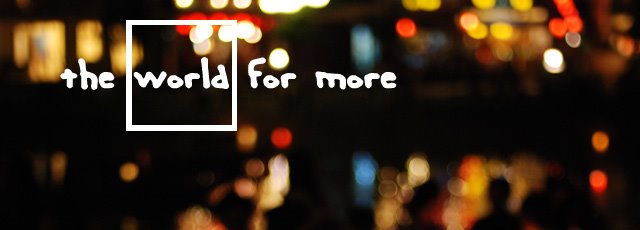structure - theoretical concept, certain properties of society as having causal power
agency - theoretical concept, certain properties of the individual as having causal power
Does the individual have the capacity to change and create society anew through his/her causal action, or does society determine the individual's behavior through its normative causal action? The first view is associated with the Symbolic Interactionist school of thought wherein individuals have the capacity to develop their own creative capital through social interaction in order to attach meaning to objects, ideas, organizations, and other tangible and intangible systems. Meanwhile, the latter view is associated with Structural Functionalist school of thought which bears some resemblance to evolutionary theory wherein societal practices come into being for the benefit of larger society--here, the individual actor does not matter as much as the achievement of an ends.
The second view could be considered as being subjective and ethnocentric in terms of supposed benefit of larger society--e.g., this lens of viewing the world's social structures supposes that globalization in terms of forced modernization and urbanization is bound to happen sooner or later, perhaps leading to capitalistic consumer societies, but not necessarily the development of civil societies. In this instance, the mediation process of social interactions between individuals is the byproduct of broad systemic and even commercialized norms. Furthermore, it generalizes human behavior as lacking in free will and disregards the concept of human intention.
On the other hand, the first view supposes that an individual has the potential to change/influence/create society anew. In this sense, the individual has the potential to develop new meanings through social interaction and creative expression. Similarly, individual human inquiry can have an impact on broader social norms leading to multiple concurrent realities, none of which are necessarily more correct than the others. Moreover, the individual has the capacity to influence/manipulate others in order to achieve an ends, self-interested or collective. As such, this view allows for a broader range of variability, if not conflict, among humanity and does not necessitate one end result.
Are the strings of influence unavoidable in terms of seeking to create individual sovereignty and identity?
Tuesday, February 12, 2008
Subscribe to:
Post Comments (Atom)


1 comment:
The person is key to all changes in society. If the individual becomes more aware of his true value and right, the society will change to accomodate his awareness.
Currently capitalist, communist and religious theories seem to see society as primary entity and individual as just a mean to an end. So they create the concepts of nationalistic patriotism, religious fanatism and everything which goes with these. They exhort individual to "sacrifice" their life for a larger cause.
Dad
Post a Comment